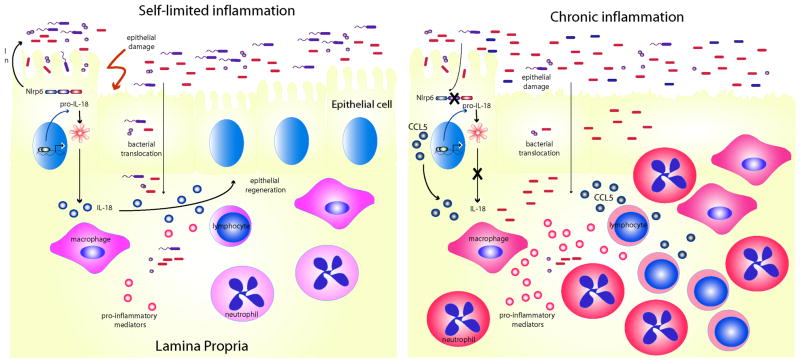Figure 5. The inflammasome protects against colitis-associated tumorigenesis through multiple mechanisms.
Mice deficient in inflammasome activity have increased susceptibility to colitis-associated tumorigenesis. Specifically, Nlrp3, Nlrc4, and Nlrp6 all have been demonstrated to negatively regulate colitis-associated tumorigenesis (see text for details). Bone marrow chimera experiments suggest that Nlrp3 and Nlrp6 mediate tumor suppression within the hematopoietic compartment; however, mouse chimera experiments suggest that a non-hematopoietic compartment (epithelial or stromal cells) is important for Nlrc4-mediated tumor suppression. Although the mechanism still remains unclear, IL-18 may be an important factor in the protection against neoplasia by Nlrp3 and Nlrp6. Unlike Nlrp3 and Nlrp6, the absence of Nlrc4 signaling is not associated with increased inflammation. Instead, Nlrc4 appears to limit tumor development by regulating epithelial proliferation and apoptosis either in the intestinal epithelium or within the tumor itself.

